Death of The Stylist?
What looks like a simple tech collab could be the first nail in the coffin for stylists and a future where fashion is filtered through algorithms, not instinct.
A recent announcement from the CFDA might not have sent shockwaves through the fashion world, but it should have. The governing body of American fashion has partnered with Alta, an AI personal styling app. At first glance, it’s just another mildly tech-forward move in an industry that has flirted with digitization but never fully committed. But beneath the surface, something deeper is shifting. This partnership may just be the first sign of the industry phasing out the stylist, a foundational figure in the machinery of fashion and celebrity.
It might seem dramatic, but this is how the future sneaks in: not with fanfare, but with push notifications and quietly signed deals.
The Stylist: An Endangered Archetype
For decades, stylists have been the behind-the-scenes auteurs shaping how we see celebrities and even how we interpret fashion itself. From Rachel Zoe’s boho glam to Law Roach’s red carpet maximalism, stylists have held power not just in taste-making, but in brand architecture. They build careers, redefine public images, and decode runway into reality.
But now, It’ll start as a novelty, like those digital TikTok filters that pick your outfit, then it’ll become a tool. Then a standard. Then a replacement.
Alta is just the beginning. Jenny Wang, founder and CEO of Alta, told WWD that every morning Alta ( which includes investors like Karlie Kloss & Jasmine Tookes ) generates outfits for the user, depending on their calendar, the weather, and what their style is. What happens when AI can generate a look tailored to your body type, occasion, and vibe with more precision and speed than a human ever could? What happens when fashion houses realize they can license out a virtual version of their top stylist for a fraction of the cost, endlessly replicable and available 24/7?
The technology doesn’t need to be better than a human. It just needs to be good enough. And in an industry increasingly allergic to risk and addicted to efficiency, “good enough” is usually all it takes.
Another Way the Algorithm Will Dictate Our Lives
The algorithm already curates our feeds, influences what we buy, suggests who we follow, and dictates what content “deserves” to go viral. Now, it wants to dress us, too. And like every other part of algorithmic life, it offers the illusion of choice while slowly flattening individuality.
We’re entering an era where the algorithm doesn’t just know what you like, it tells you what you should look like. It’s not just recommending a pair of trousers; it’s shaping your identity.
Alexandra Hildreth put it best in Vogue Business: “You can tell someone’s screen time from their outfit” and every day, she’s proved right on the internet. Tech-driven style doesn’t just learn your preferences; it learns your habits, your routines, your digital life. Your wardrobe becomes a reflection of your data trail, a feedback loop of influence, consumption, and aesthetic conformity.
Fashion used to be a way to escape the system. Now, it is the system.
The Influencerization of Everything
What we’re witnessing isn’t just the end of the stylist. It’s a continuation of a broader trend that’s defined the past decade: the influencerization of everything. Influence, once intangible and earned, is now treated like a commodity, extractable, sellable, and endlessly replicable.
In a world where everyone is trying to build a “personal brand,” where stylists are now celebrities themselves, and where algorithms already decide who gets seen, the leap to digital stylists isn’t just logical — it’s inevitable.
These style assistants aren’t about democratizing fashion, no matter what press releases say. They’re about data collection and influence laundering. Every time you “like” a look or select a curated outfit, you’re training the system, making it smarter, more targeted, and more embedded in the culture. And if that sounds eerily like the way influencers operate, building trust to sell, that’s because it is.
But what’s even more dystopian is the endgame: the influencer made immortal. A stylist, model, or celebrity can now license their “taste profile” or image to a company, ensuring that even when they’re no longer trending (or no longer alive), their style lives on — infinitely adaptable, endlessly monetizable, and always online.
We’ve officially begun uploading taste to the cloud.
The Seduction of Digital Taste
Taste used to be sacred, subjective, flawed, human. But new technology doesn’t make taste personal; it makes it programmable. What happens when the distinct aesthetic fingerprints of individual stylists are flattened into style algorithms trained on engagement data?
It’s not just about replacing the stylist. It’s about replacing the conditions that made them necessary in the first place. These tools don’t get tired, don’t push back, and don’t have a vision beyond what they’ve been fed. That makes them the perfect worker in an industry that increasingly sees creativity not as a risk worth taking, but as an inefficiency to be streamlined.
In this future, “good taste” becomes an equation, a series of safe, performatively stylish decisions that always land within the bounds of what’s been proven to work. We’ll call it fashion, but it’ll be a kind of algorithmic cosplay. Think “quiet luxury” as a system default.
Digital Clones and the Commodification of the Self
And then there’s the other inevitability: the creation of digital versions of stylists themselves. We already saw it with H&M’s virtual models, attractive, perfectly diverse, and endlessly available. The next step is obvious: why bother booking a top stylist when you can license their digital twin?
It’s not far-fetched. Stylists are brands now. Some already charge for virtual consultations, curate online shops, or offer e-styling through Instagram DMs. Turning their identity into a product, a downloadable, rentable version of their creative essence, is the next logical leap. And once one of them does it (for a Vogue cover collaboration or a new capsule collection), the rest will follow.
What Comes Next
Some might say, “It’s just a styling app, calm down.” But these quiet shifts in the industry, these “just a tech collab” moments, are how massive transformations begin. Look at what happened to journalism, music, even visual art. Automation and tech didn’t swoop in all at once. They crept in through convenience, speed, and profit margins. And by the time we noticed what we’d lost, it was already too late.
What’s at risk in fashion isn’t just jobs. It’s point of view. Personality. Mess. The imperfect instinct that makes certain looks unforgettable. Digital tools can recreate aesthetics, but they can’t create iconography. They can’t invent Cher in Bob Mackie or Rihanna in Guo Pei. They can only remix what already exists.
But in a system obsessed with scale and sameness, that’s seen as a feature, not a bug.
We’re entering an era where fashion is no longer just worn, it’s coded. Where taste is mined for data, turned into algorithmic predictions, and deployed at scale to millions of users. The result will be a world that looks increasingly stylish, yet strangely soulless.
Some stylists will adapt. They’ll license their “style DNA,” partner with tech platforms, or lean harder into content creation. Others will resist, and likely get left behind. But the real loss will be something we won’t even notice until it’s gone: the sense of human risk, humor, and contradiction that makes fashion feel alive.
Maybe one day, we’ll look back on this CFDA x Alta partnership the way we look at the moment newspapers went online, or Spotify launched: with a mix of nostalgia and dread. But by then, the stylists will already be in the cloud…..immortal, unbothered, and slightly off-trend.
And we’ll be asking Alta what to wear to the Metaverse gala.

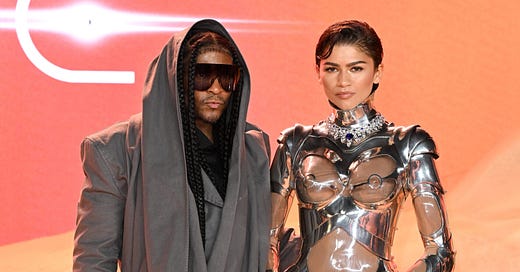


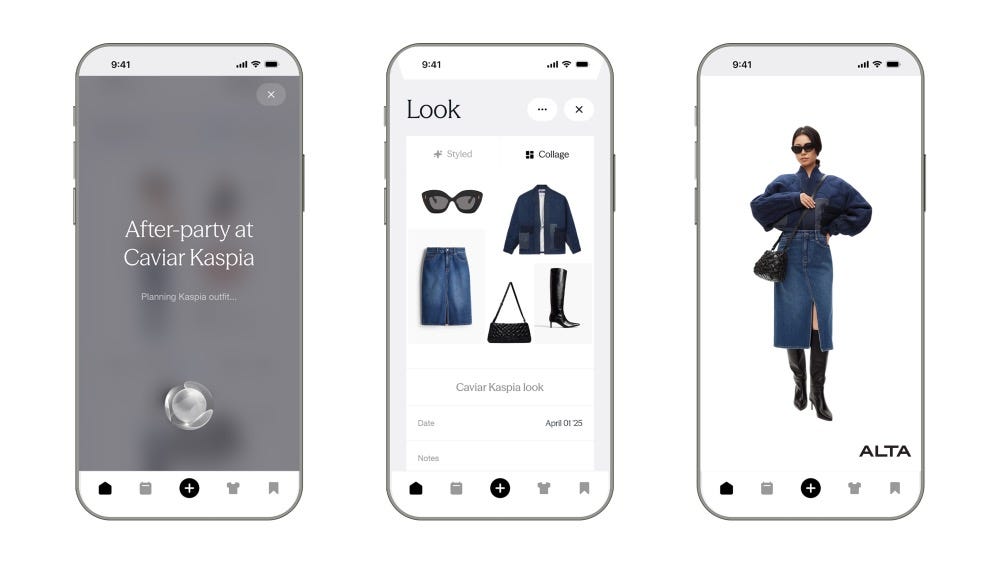
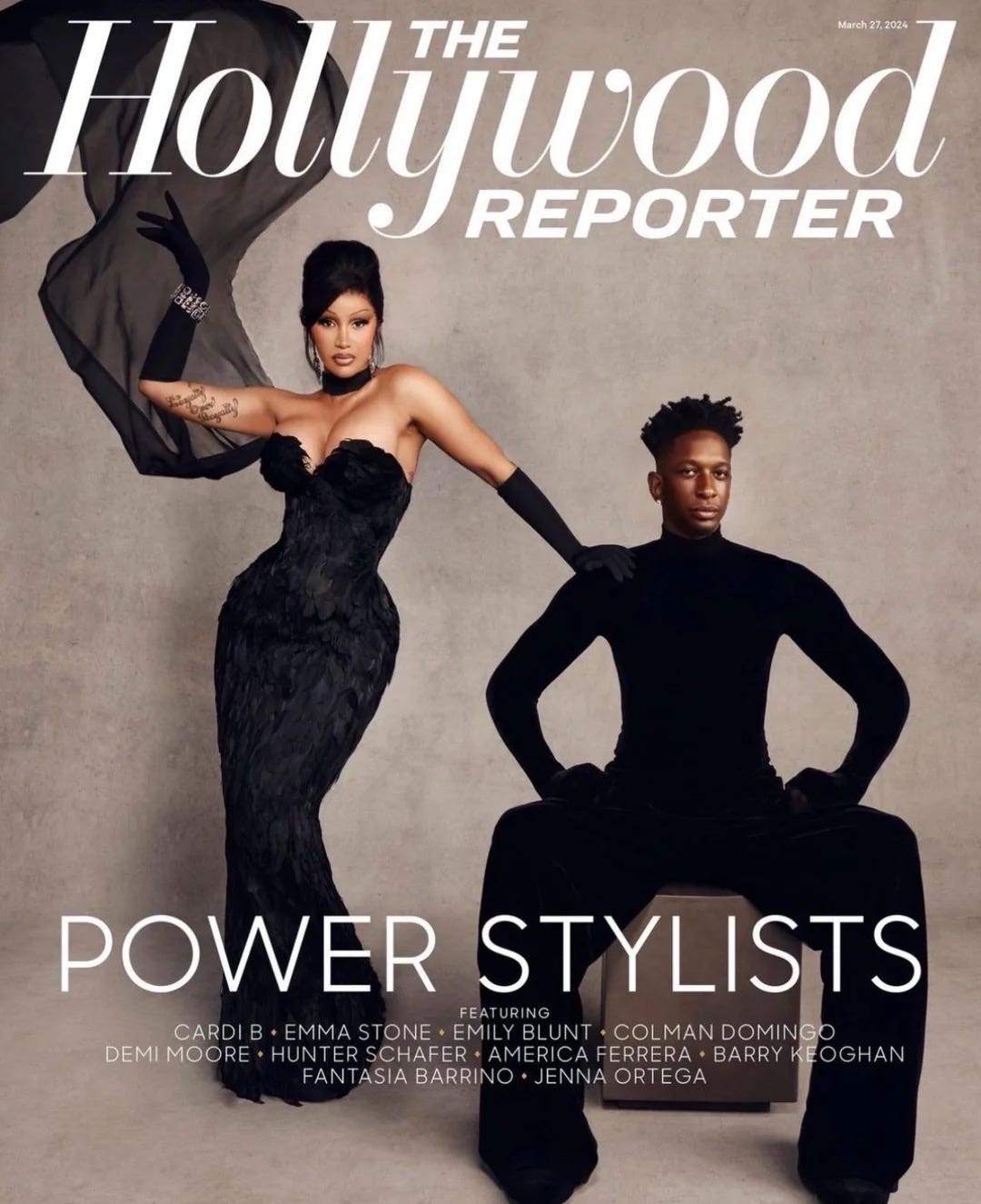
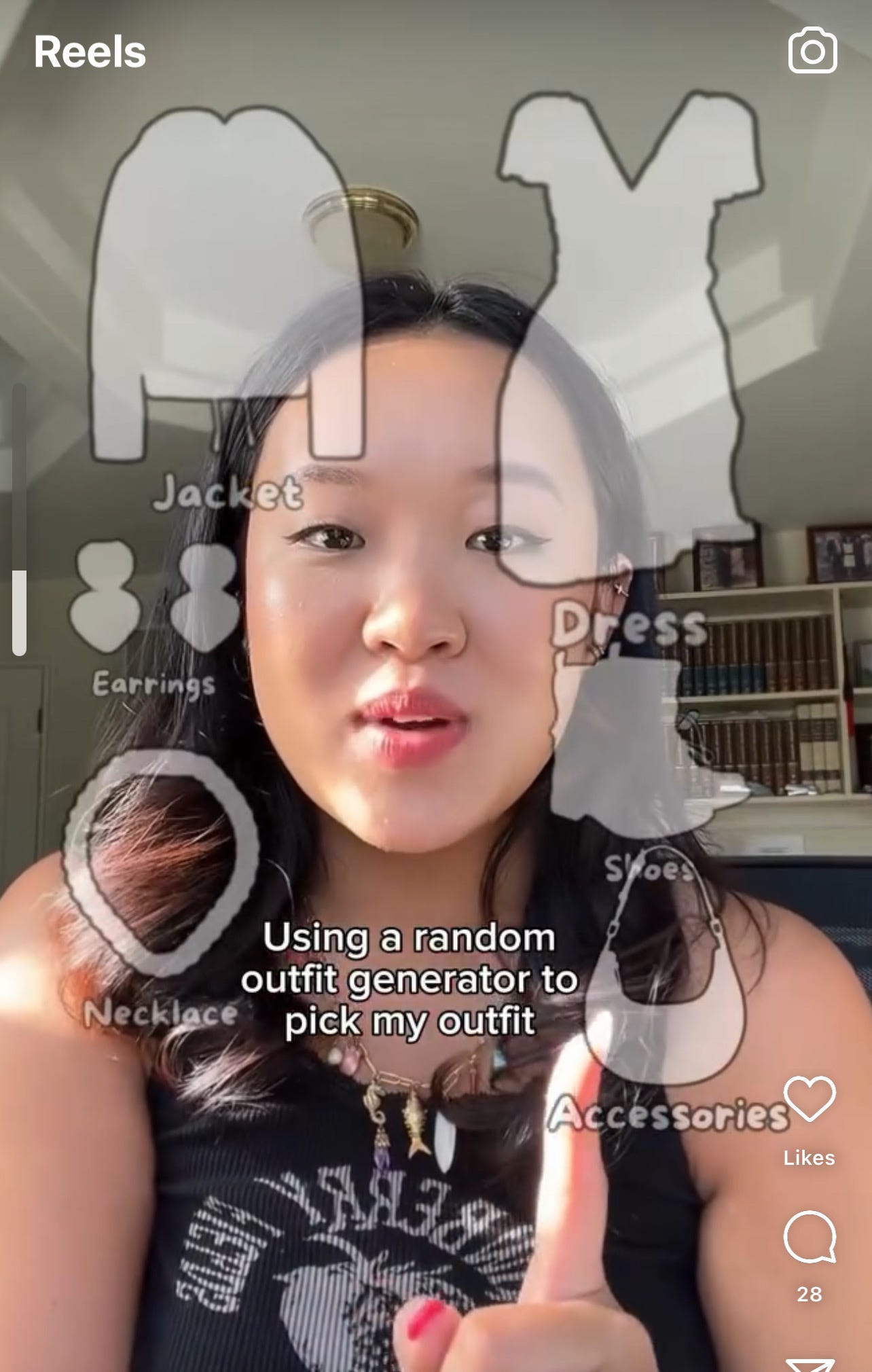
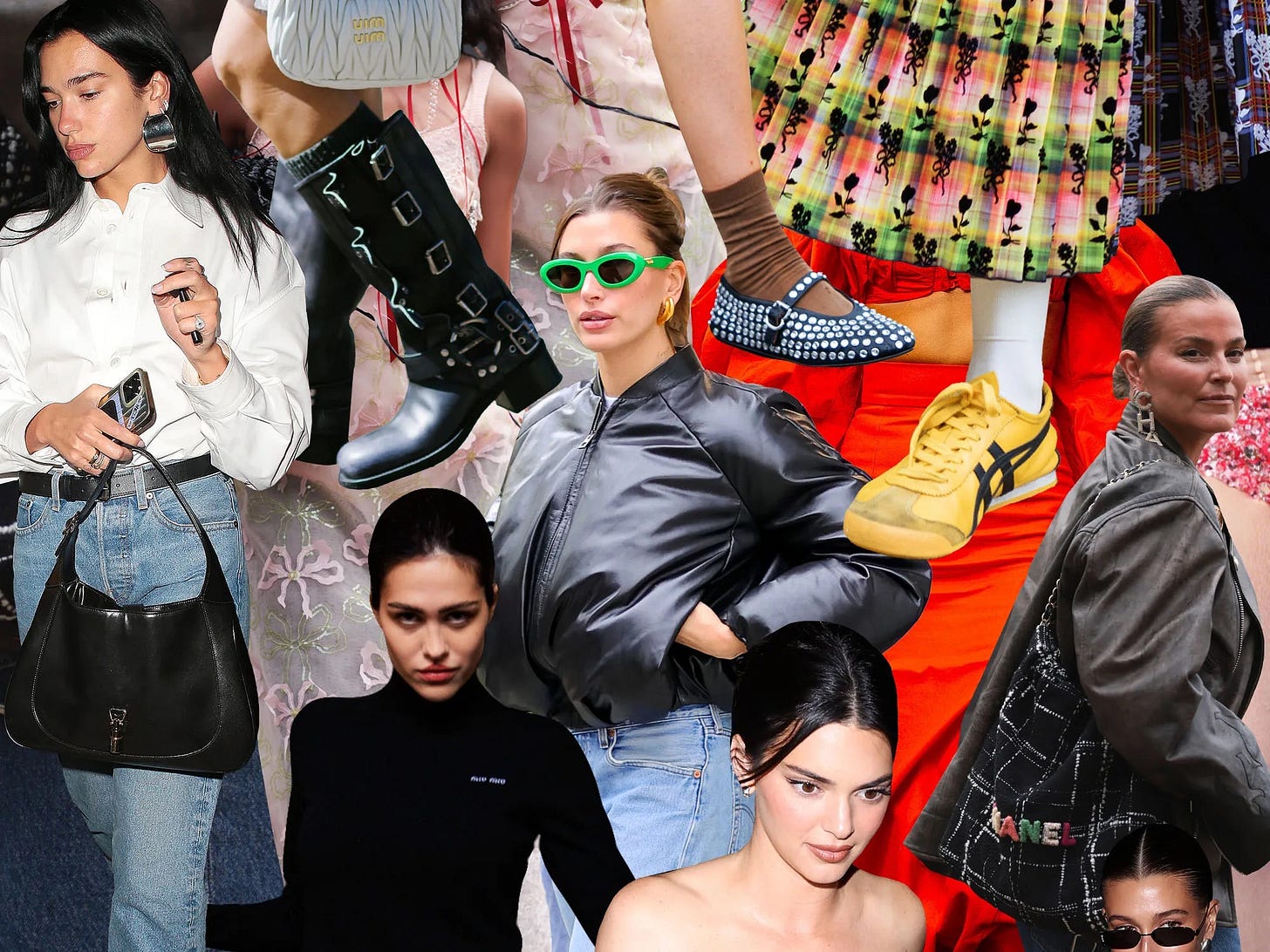
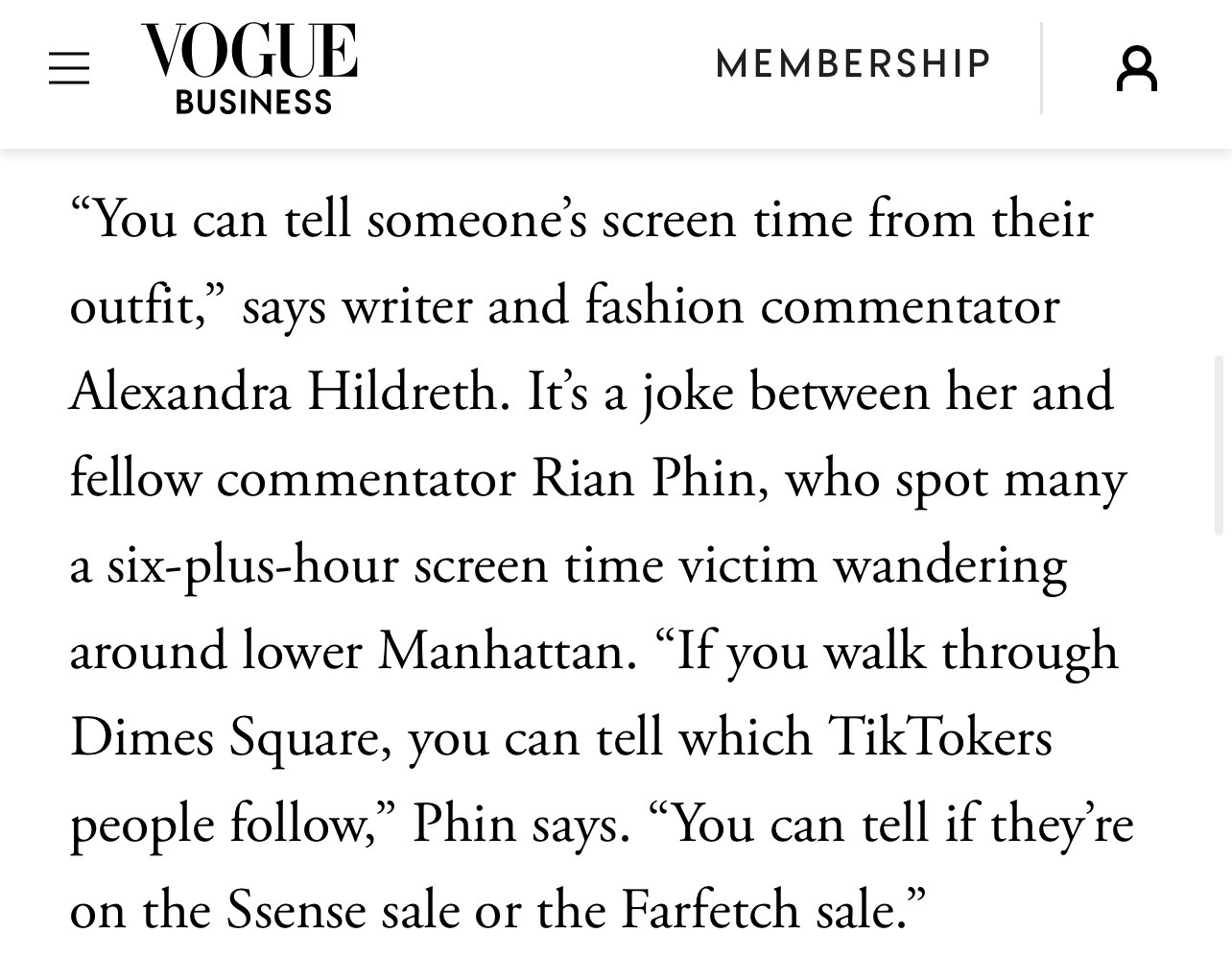
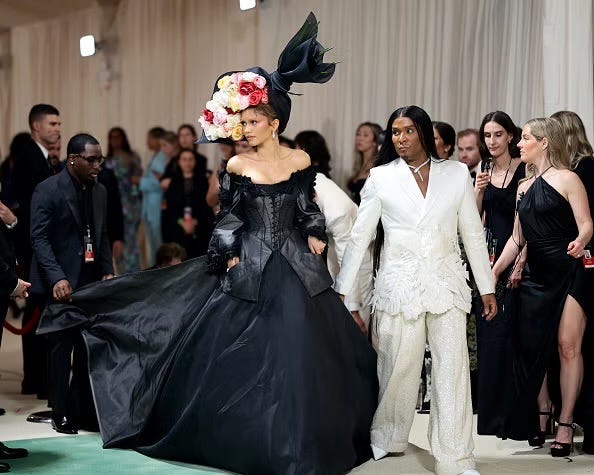
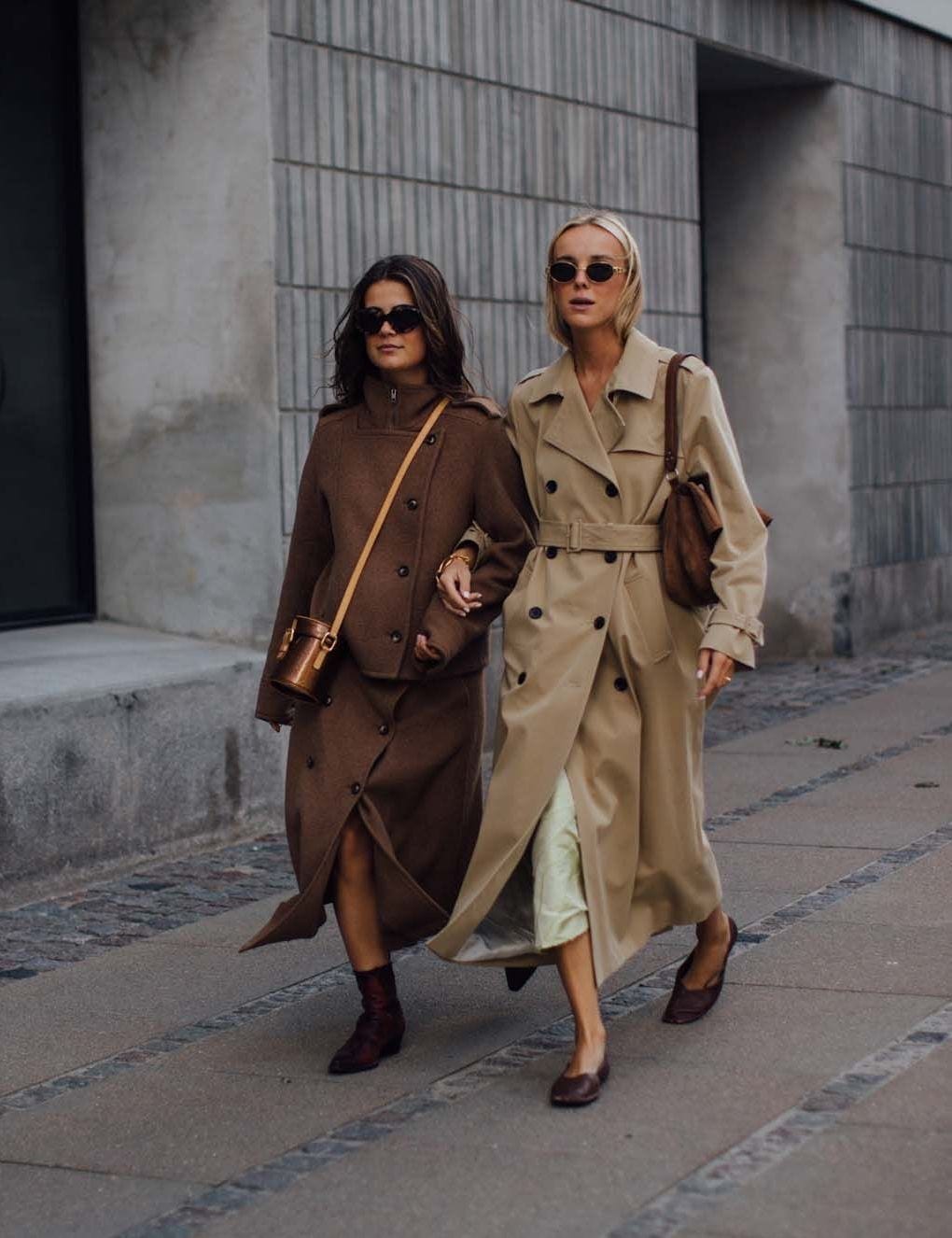
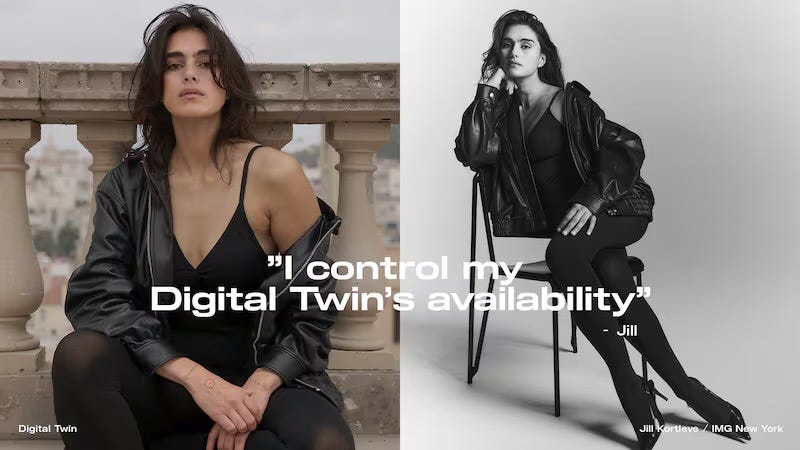
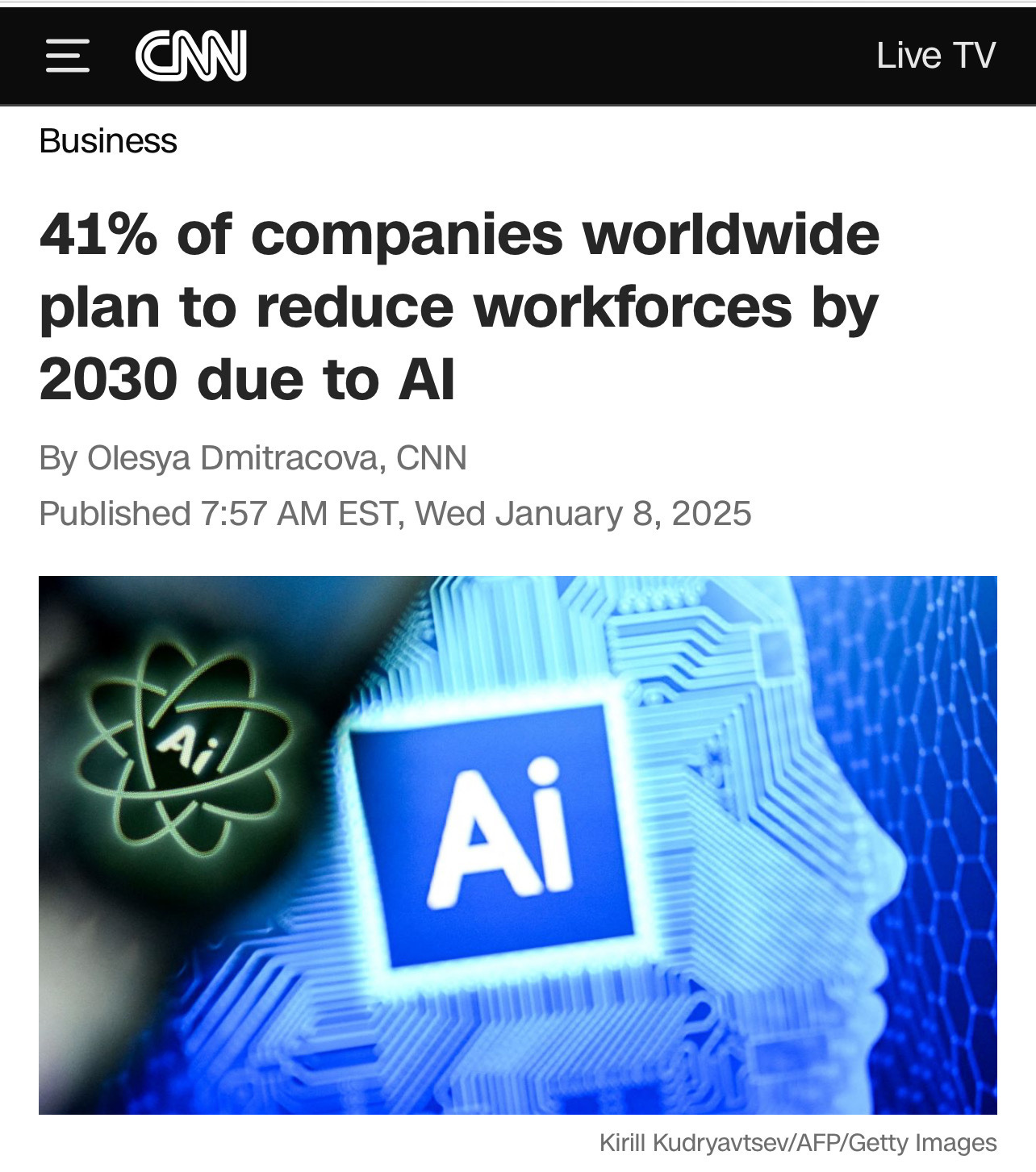
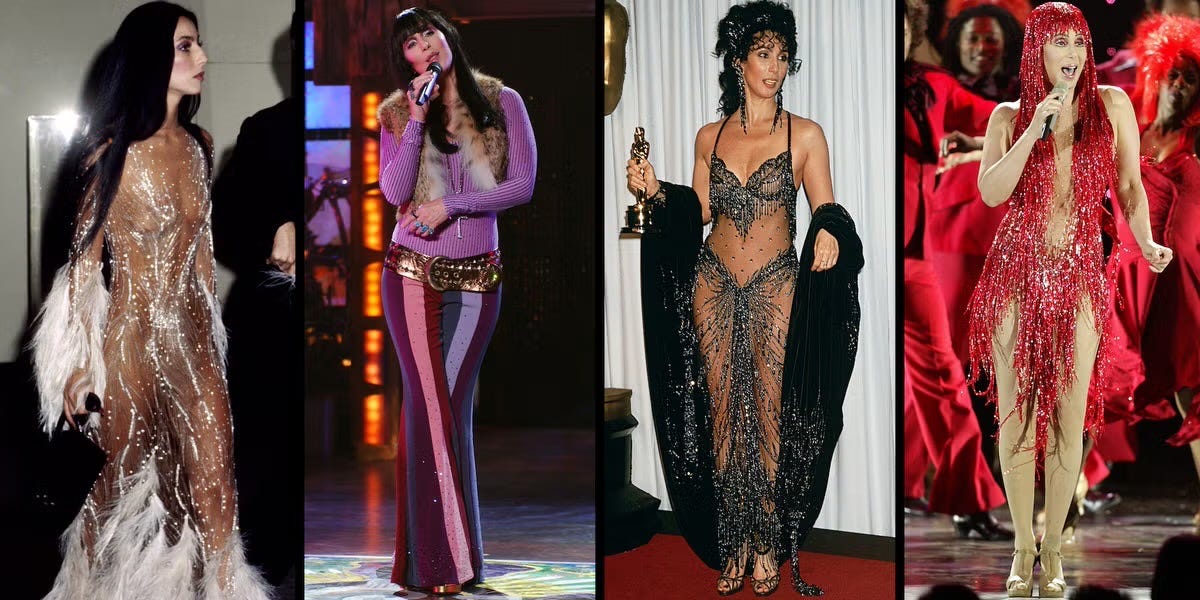
I believe that this scenario is very much possible but for some reason I have a strong feeling that those who can feel a life and choose to live and create (as an opposite of endless dreadful consumption of whatever) will stay curious to find Another likeminded humans. Alive people can’t live without creativity. That’s how I found you - through your very much alive and creative work. So I have a hope.
I wonder when the tipping point will be reached, when there are so many people who have lost paid employment to AI (like myself, a novelist who has had all her books fed into the META bot and others), that there won't be a critical mass of people with disposable income to buy all the STUFF that AI produces. The end of mass consumerism.